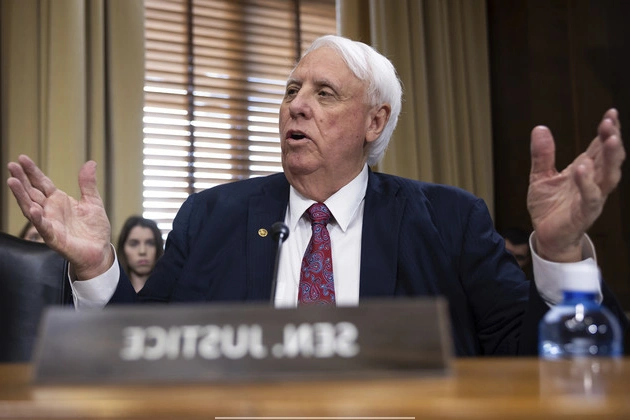
Congressional Republicans acknowledge the federal spending issue and propose shifting safety-net programs to state budgets to finance the GOP’s domestic policy megabill. This strategy aims to generate significant savings but faces opposition from Republican lawmakers.
Challenges and Concerns
Speaker Mike Johnson and Senate Majority Leader John Thune encounter challenges in garnering support for the megabill. Lawmakers express reluctance in transferring fiscal burdens from Washington to state capitals, including those governed by Republicans.
Focus on Medicaid and SNAP
The GOP targets Medicaid and the Supplemental Nutrition Assistance Program (SNAP) to achieve substantial budget cuts. Proposals include work requirements, eligibility verification enhancements, and cost-sharing with states.
State Budget Implications
States could face increased financial responsibilities due to proposed Medicaid and SNAP changes. The potential shift of billions of dollars annually to state budgets poses significant challenges amid existing fiscal strains.
Impact on Low-Income Families
Concerns arise over the impact on low-income families in both Democratic and Republican-run states. The proposed changes could affect health care and food aid for millions of vulnerable individuals.
Republican Disagreements
Internal GOP divisions emerge regarding the extent of proposed cuts and cost-sharing measures. Some lawmakers resist substantial changes that could adversely affect their constituents and state budgets.
Future Outlook
The GOP continues to debate the specifics of cost-sharing and budget allocation for safety-net programs. The political and financial implications of these proposals remain a point of contention within the party.











